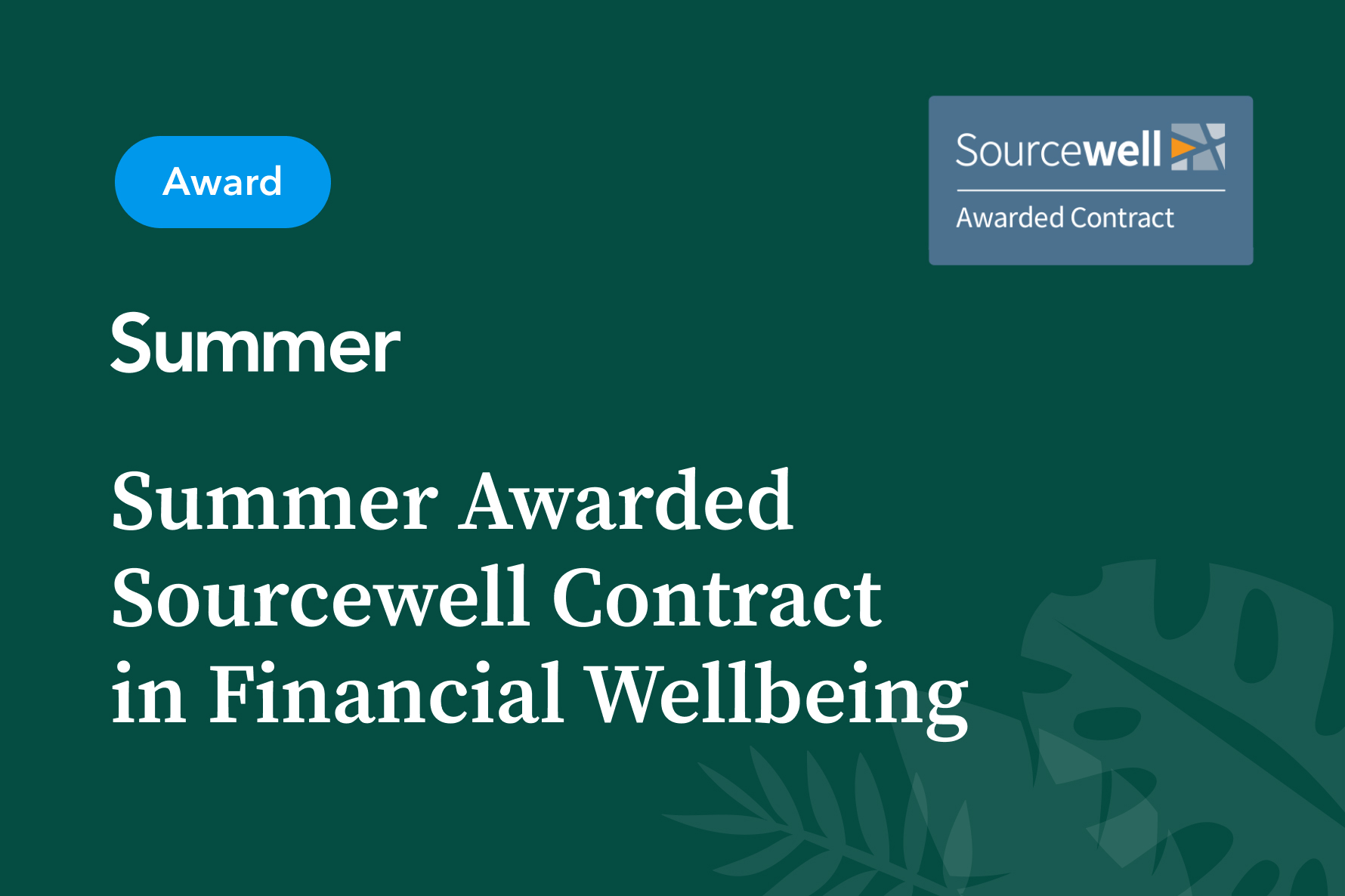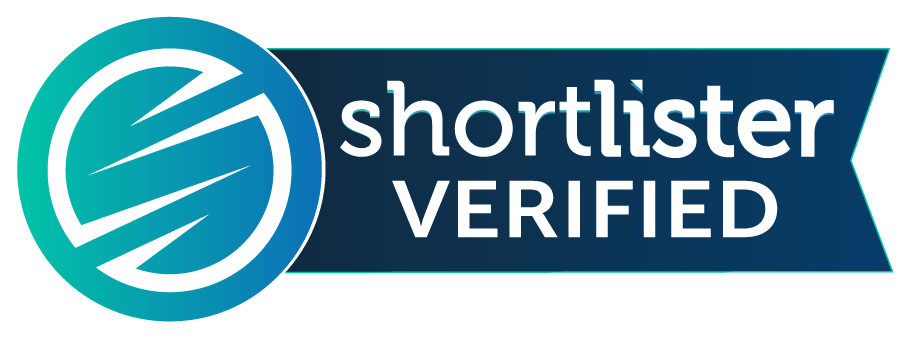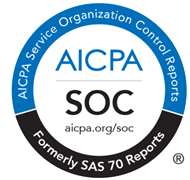Overview
Many parents take out federal Parent PLUS loans to help pay for their children’s higher education. While the repayment plans available to borrowers with Parent PLUS loans are more limited compared to borrowers with other loan types, there are still a number of helpful repayment and forgiveness options for Parent PLUS borrowers. Let’s go over each of these options to see which one could work the best for you and how Summer can help!
What is a Parent PLUS Loan?
A Parent PLUS loan is a federal loan that a parent can borrow on behalf of a dependent undergraduate student to help pay for college. These loans are the financial responsibility of the parents, not the student.
Additionally, Parent PLUS Loans have no “grace period,” meaning that parents must start repaying PLUS loans once a student graduates, leaves school, or drops below half-time school enrollment.
The repayment options available to Parent PLUS borrowers are:
- Stay in the standard plan
- Switch into an Income-Contingent Repayment plan (after consolidating Parent PLUS loans into a Direct Consolidation loan)
- Switch into an Income-Contingent Repayment plan and apply for Public Service Loan Forgiveness (after consolidating Parent PLUS loans into a Direct Consolidation loan)
- Switch to a Graduated plan
- Switch to an Extended plan
What Are My Repayment Options?
Stay in the standard plan
The standard 10-year repayment plan is the program you are automatically enrolled in when paying off a Parent PLUS loan. Under this plan, your loan balance is divided into 120 equal payments that you will pay each month for 10 years. If you are struggling to make your monthly payment under the standard plan, you may be able to lower your monthly payments with another type of repayment plan.
Enroll in an Income-Contingent Repayment plan
Income-Contingent Repayment (ICR) is a repayment plan that ties your monthly payment amount to your income (and is the only income-driven repayment plan available to Parent PLUS borrowers after consolidating your loans). Under ICR, your monthly payments are calculated as either 20% of your discretionary income or what your payment would be on a fixed, 12-year payment plan, adjusted according to income—whichever is lower.
Each year, you must report your income and family size to qualify for ICR. Your payments may increase or decrease each year based on changes to your income or family size. The maximum repayment period is 25 years, after which any remaining debt will be forgiven
In order to enroll in an Income-Contingent Repayment plan, you must first consolidate your Parent PLUS loans into a Direct Consolidation loan (see details below).
Apply for Public Service Loan Forgiveness
Parents with Parent PLUS loans who work for a government organization or a nonprofit may qualify for Public Service Loan Forgiveness (PSLF). The PSLF program is designed to forgive the remaining balance of federal Direct loans after you make 120 qualifying monthly payments under a qualifying repayment plan.
While this sounds appealing, it is important to note there are several catches for Parent PLUS loan borrowers before qualifying for PSLF.
To get Parent PLUS loan forgiveness through PSLF you must first:
- Consolidate your Parent PLUS loans into a Direct Consolidation loan (see details below)
- Enroll in an Income-Contingent Repayment (ICR) plan and make 120 payments on the new Consolidation loan
You might be wondering why you must enroll in an ICR plan in order to apply for PSLF. This is because PSLF has a set of eligibility requirements in order to qualify, one of which is that you must be enrolled in an eligible repayment plan, including either the standard repayment plan or an income-driven repayment plan. However, being in a standard plan means you will pay off your debt within 10 years, meaning your remaining loan balance eligible for forgiveness would be $0. Therefore, you should enroll in an income-driven repayment plan if you want part of your loan balance forgiven.
Keep in mind the parent must be the one to work for a qualifying employer—the student’s employer type does not matter. Read our Public Service Loan Forgiveness Guide to learn more about PSLF!
What Is Direct Loan Consolidation?
Loan consolidation will not directly save you money, but it can help lower your monthly payments. This is because Parent PLUS loans do not directly qualify for any repayment plan tied to your income, but you can consolidate your Parent PLUS loans into a Direct Consolidation loan to qualify for ICR.
When consolidating, you should not consolidate your Parent PLUS loans with any of your regular student loans. This is because your new Direct Consolidation loan will only be eligible for the Income-Contingent Repayment plan, which may not be the best plan for any loans that you took out for your own education. To avoid this, only include your Parent PLUS loans in the Direct Loan Consolidation. Additionally, a parent cannot consolidate Parent PLUS loans with the student’s federal loans, since these belong to two different borrowers.
Once your Parent PLUS Loans are consolidated into a Direct Loan Consolidation, you will be eligible for Income-Contingent Repayment (ICR) and Public Service Loan Forgiveness (PSLF). These are two great options if you are currently struggling to make your monthly payments under the Standard plan.
How Can Summer Help?
You can use Summer to see if your monthly payments could be lowered using another plan.
If you decide ICR or PSLF is right for you, we can help you consolidate your Parent PLUS Loans into a Direct Consolidation loan and submit your application!
If you are interested in PSLF, you can use our certification tool which will tell you if you qualify for forgiveness. If you do qualify, we can also help you get certified for PSLF in just a few minutes!
Additional Options for Parent PLUS Loan Borrowers
Graduated repayment plan
The graduated repayment plan is designed to help borrowers who currently have a low income but anticipate that it will increase over time. Under this plan, monthly payments start out low and increase every 2 years for a 10-year period. Learn more about this plan here.
Extended repayment plan
The extended repayment plan may be a better option if you need to make lower monthly payments over a longer period of time than 10 years but do not want to enroll in an income-based repayment plan. Under this plan, your monthly payments are either fixed or graduated for up to 25 years. Learn more about this plan here.
Summary of Repayment Plans Available to Parent PLUS Loan Borrowers
















